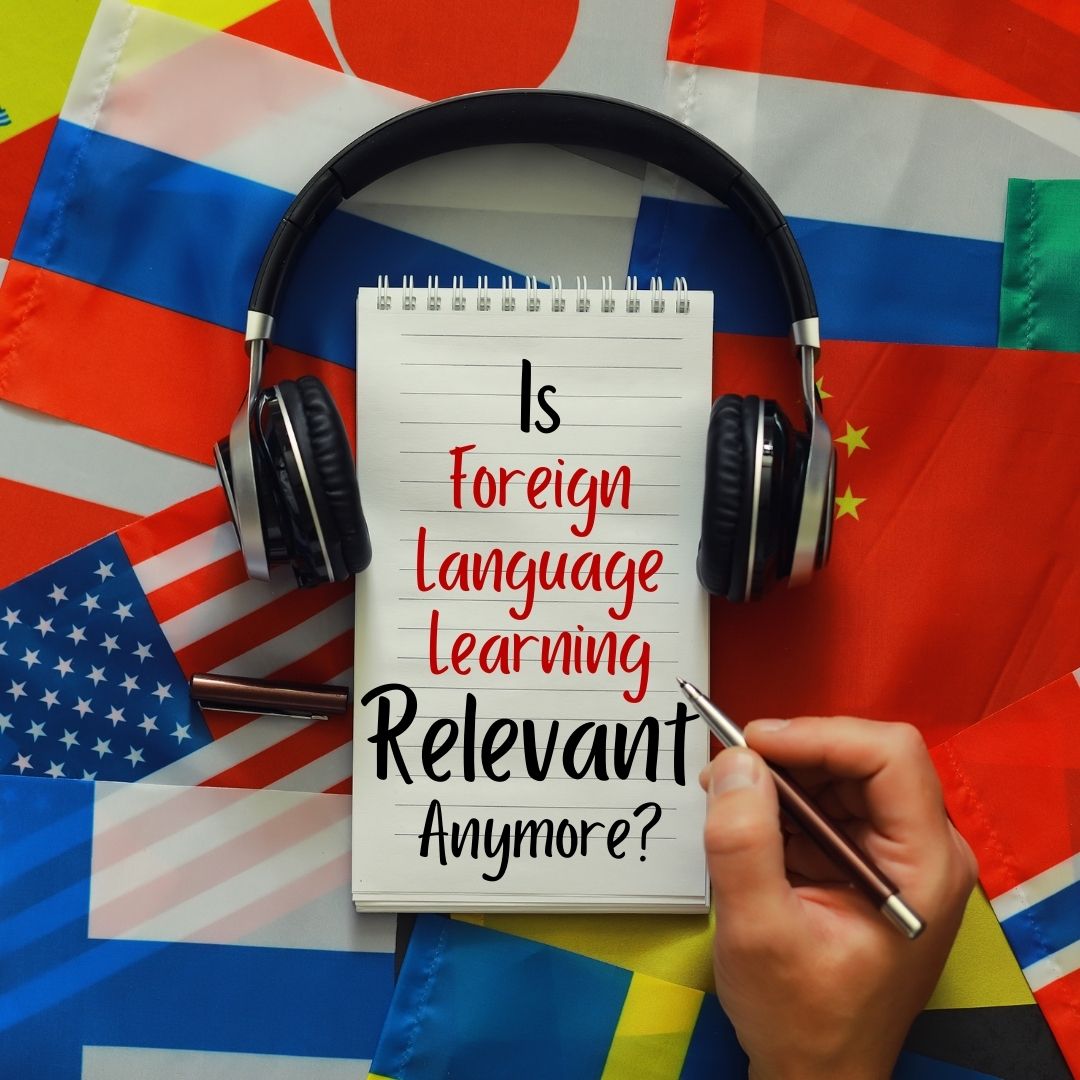In his play "As You Like It," William Shakespeare uses the line "All the world's a stage, and all the men and women merely players; they have their exits and their entrances, and one man in his time plays many parts..." As cliché as is it to use a quotation from Shakespeare to begin a theatre blog post, those particular lines highlight the permeating nature of theatre as an art form. It’s not just about “play[ing] many parts” on a stage in a dark room.
Too often, the arts are placed in a box. We keep them sectioned off like the mashed potatoes in a TV dinner, reserved only for those who plan to pursue them professionally. Don't get me wrong; a career in the arts can be great! Naturally, those students who participate in the arts for that reason are laying the groundwork for their futures. That's certainly what I did. The arts have incredible and invaluable merits on their own, and they always will, even when arts programs across the country are cut. However, there is a wider academic, personal, and social relevance when it comes to the arts (and in my experience theatre), even for those who do not want to pursue them professionally.
Remember the isolated mashed potatoes in that TV dinner in the last paragraph? Theatre should not be treated as those mashed potatoes, but instead as the mashed potatoes in a pot pie – all mixed up with every other ingredient of the meal and neatly packaged in a savory, flaky crust. Hungry yet? Bear with me. When we mix theatre into non-arts areas of our lives, we improve in those areas. My current position is the Interim Education Director at CATCO is Kids, the youth theatre and education and outreach branch of CATCO is Theatre, one of Columbus's premiere professional theatre companies. I work with students all over the city and facilitate drama lessons with them. The goal of these lessons? To use drama as a way to bolster the understanding of non-arts related academic curricula by approaching them from creative and collaborative perspectives.
According to Howard Gardner's theory of multiple intelligences, there are nine different 'intelligences' that people possess. These intelligences inform how people learn and understand the world around them, but they are more intricate than “learning styles.” Human beings are complex and possess multiple intelligences. When used within the setting of education, theatre encompasses seven of these nine intelligences. That's huge. That means that by implementing theatre in the classroom, a teacher may effectively educate more students than a lecture or a worksheet might. And on top of that, theatre is fun. Imagine being able to educate students about US government by having them create a story focused on The Three Branches of Government? They are having so much fun that they forget that they are learning.
During my time facilitating CATCO’s drama lessons, I have helped students write plays about The Three Branches of Government, Fractions, Ecosystems, Space Science, and many other academic topics. The results? The students learned the material quickly and deeply. And the best part about it was that they forgot they were learning because the program was fun. Using theatre as a way to enhance other academic topics is completely invaluable and is an absolute asset in the classroom. But wait! There's more!
Apart from using theatre to help students understand academic topics, the majority of the programs that I have facilitated in the past typically conclude with the students coming to one of CATCO’s locations and performing the play that they wrote on stage for an audience. Not only is this the perfect way to end a program that started with playwriting, but also, it leads us to the other ways that theatre can permeate to other parts of our lives: personal and social development.
Many times, my students become intimidated by the task of writing a play and then performing it. Echoes of "Mr. Andrew, I can't do that!" resound through the room when I explain the program to them. Of course, we take everything one step at a time, and, spoiler alert, the students end up doing the very thing that they said they couldn't, and they do it well.
Theatre is a place for us to grow as people. Even if we do theatre once and never return to it, it leaves a positive influence by helping us develop personal and social skills such as speaking confidently, interpersonal connection and empathy, and self-esteem. These are the kinds of skills needed to nail an interview when job hunting; these are the skills needed to give a presentation on why sales have increased (or decreased) in the third Quarter. Theatre fosters personal and social development simultaneously, and doesn't that make it all worth it?
If sports reveal character, then the arts teach character (and I don't just mean “character” as in Willy Loman, Prince Hamlet, Ophelia, and Nora Helmer). Both are important. When we let the arts permeate to all aspects of our lives like the mashed potatoes in that potpie, amazing things happen. The arts are for all people, not just those who want to pursue them professionally, because of their significant contribution to our individual educational, personal, and social development. Remember what Shakespeare said? If we treat the whole world as a stage and let the arts permeate to the “many parts” of our lives, we grow academically, personal, and socially; we grow as individuals; we grow as human beings. And isn't that what this whole life thing is about?
/Logos/Horizontal%20Academic%20Logo%20for%20Light%20Backgrounds.png)
/Logos/Horizontal%20Academic%20Logo%20for%20Dark%20Backgrounds.png)



